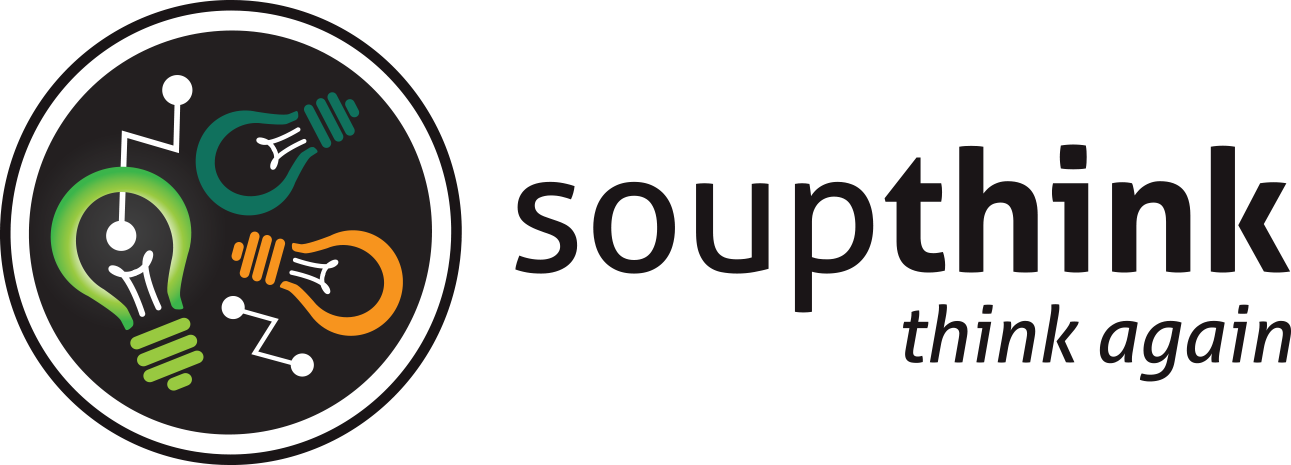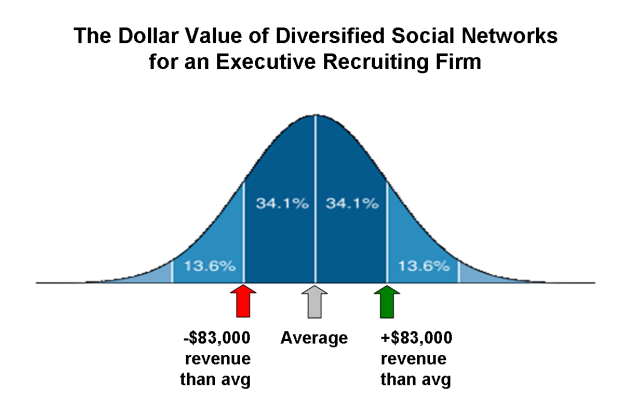Vaccination issue show authorities face a challenge to restore trust
Originally published on April 15, 2015.
I read two articles recently on the same subject which have really got me thinking about a number of things - and both relate to people's beliefs about vaccination against disease. The first article (http://www.canberratimes.com.au/world/antivaccination-mother-tara-hills-seven-children-come-down-with-whooping-cough-20150415-1mm0za.html) talks about a woman in Canada, Tara Hills, who initially refused to have her 7 children vaccinated ended up with all of them getting sick with pertussis (whooping cough). Allegedly she is now pro-vaccination. The second article relates to the Australian government stopping welfare payments to parents who are not having their children vaccinated against a range of diseases (http://www.canberratimes.com.au/federal-politics/political-news/abbott-government-withdraws-childcare-payments-for-antivaccination-parents-20150412-1mj837.html).
Two things interest me about this. The first is the obvious paradox between individual liberty and the need to surrender some liberty for the greater good. The second is who people choose to put their faith in, as there seems to be a drop of belief in traditional authorities.
I don't know much about the science behind vaccination, and it's not what interests me here. But for the record, I'll describe my personal view. I have been vaccinated against the "standard" childhood diseases, and have not come down with any of them badly. I cannot conclusively say that this is due to vaccination - my childhood was a long time ago (and feels even longer ago...sigh) and of course I wasn't the least bit curious about it at that age. But as an adult, I feel that the arguments around herd immunity must have had some impact, as I cannot remember anyone else I grew up with (a) not being vaccinated, and (b) becoming seriously ill with childhood diseases.
I should point out that my mother was a nurse, and as such, she could be assumed to be part of the medical-industrial complex, fully indoctrinated with the idea that only Western medicine had the answers. The assumption would be wrong; she is quite open to the idea that other medical traditions have a lot to offer, and is willing to try them to some extent personally.
What she and I would agree with is:
that it is our habit when sick to visit a professional using mainstream medicine techniques. It is indeed habit - we don't check the bona fides of our local health centres or hospitals every time we visit. While my mother has the skill set to do it, I certainly don't. As such, I place my trust in the system, and seeing as it has helped me recover from (non-serious) illness previously, I am happy to do so.
that we'd expect any method to have oversight by a professional body, and to have peer review done, before it could be accepted as fully legitimate, especially by governments. In this case, if those against vaccination had strong proof of dangers related to it on a broad scale, I'd expect there to be a lot of research going into it, and to be hearing horror stories about it in some media channels on a regular basis.
However, apart from hearing of small numbers of children having allergic reactions to some vaccines, and a potential link to autism (now allegedly discredited, depending upon which source you follow), to me the case is pretty clear. Just over a century ago, children were dying in the poorer parts of Sydney and Melbourne from infectious diseases such as typhoid, cholera, tuberculosis and even bubonic plague. Together with improvements in cleanliness and medicine (i.e. penicillin), while I don't have the knowledge base to prove it directly, it seems a pretty good bet that vaccination has helped to control these diseases, and in some cases, almost eradicate them.
In relation to the first article, Tara Hills seems to be a committed parent honestly looking for answers for her family, as do the people running the blog itself. Mrs Hills was brave enough to have posted (http://thescientificparent.org/learning-the-hard-way-my-journey-from-antivaxx-to-science/) several times on her experience, and her words are compelling reading. Anyone who wishes to convince others of why vaccination is important should follow the blog's approach of open kindness, not judgement.
However, for me, the real importance of the story is that Mrs Hill (initially) seems to have lost trust in the medical authorities, and in other authorities as well. There are people with similar beliefs here in Australia, and their demographics over here may be similar too. Rather than being poor and uneducated, those who choose not to vaccinate their kids down here also seem to have a distrust of government and "big medicine".
But these authorities, for all their faults across the world, have overseen the spread of vaccination programs worldwide to the point where the polio virus is almost gone. They have also developed a lot of the drugs I and my family take on trust when we visit the chemist/pharmacy. And underpinning all of it is a level of trust in authority.
My questions are these:
1) Why are people losing faith in authorities? Does more effort need to be put into communicating the benefits of what various public campaigns have achieved over time?
2) What happens to social trust in advanced countries more broadly if those in positions of trust and authority are seen as only greedy and corrupt?
3) If people decide collectively over time that the authorities are no longer reliable sources of information, then who fills that role? Do we end up with society splintered on the basis of the ability to think critically, and tied in with education/income: i.e. that those who can afford to pay for expert advice do so, while the rest of the population falls pray to charlatans and quacks because they only read Yahoo News?
What do you all think...where does the balance lie on these issues?








